177 calories
Serving Size 0.75 cup(s) (about 152 g)
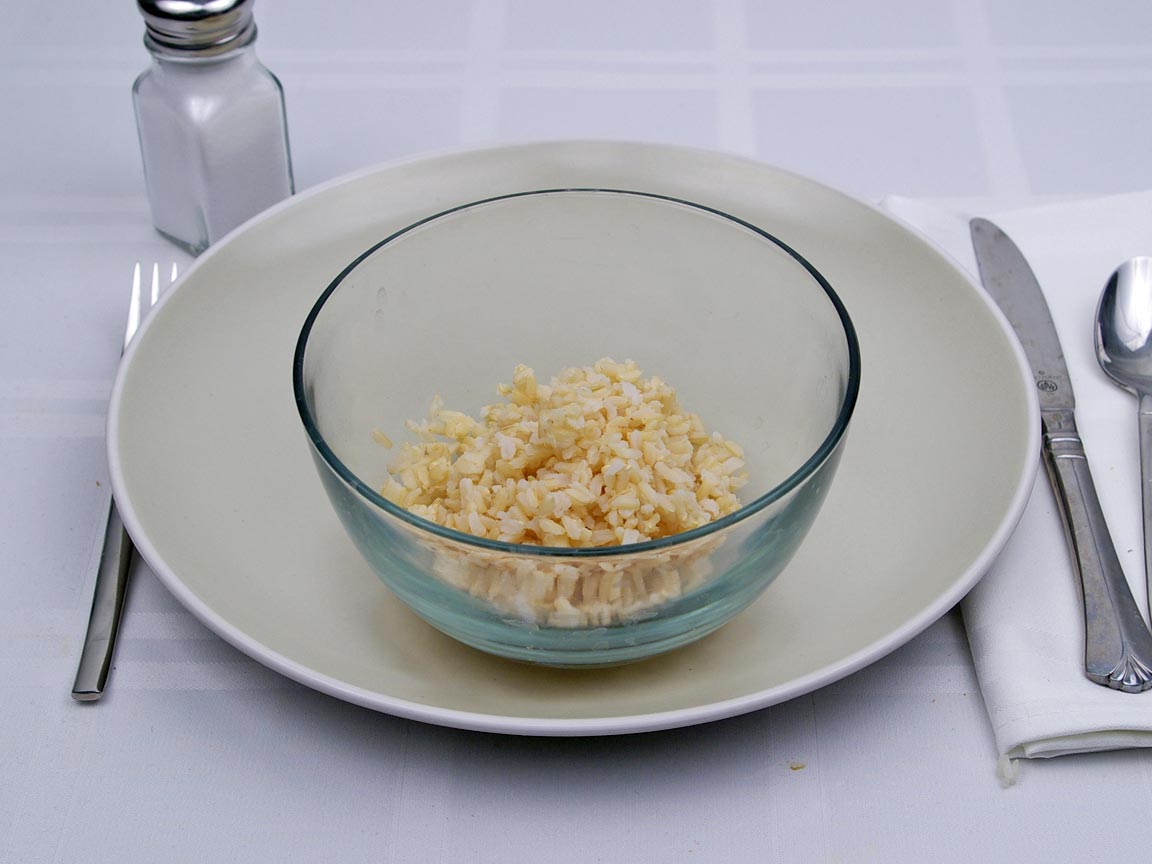
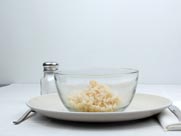
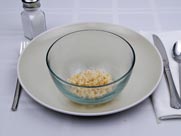
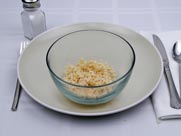

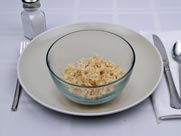
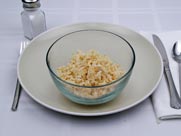
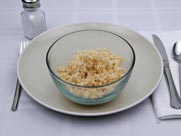
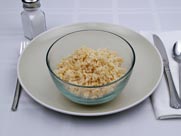
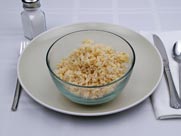
Serving Size 0.75 cup(s) (about 152 g)
| Amount Per Serving | ||
|---|---|---|
| Calories 177 | Calories from Fat 13 | |
| % Daily Value* | ||
|
Total Fat
1 |
2 |
|
|
Saturated Fat
0 |
0 |
|
|
Trans Fat
0 |
||
|
Cholesterol
0 |
0 |
|
|
Sodium
6 |
0 |
|
|
Total Carbohydrate
38 |
13 |
|
|
Dietary Fiber
2 |
8 |
|
|
Sugars
0 |
||
|
Protein
4 |
||
* Percent Daily Values are based on a 2,000 calorie diet. Your daily values may be higher or lower depending on your calorie needs.
Available portions
Food analysis
Low In Fat
There is 177 calories in 152 grams of Brown Rice - Long Grain.
With 108 calories per 100 grams, this food would be considered a Medium calorie density food.
Brown Rice - Long Grain is High in carbohydrates, Low in proteins and Very Low in fats. You can look at the macronutrients graph below for a detailed ratio.
With 24 grams of "Net carbohydrates" per 100 grams,
it not safe to consume if you are following a Keto or Ketosis diet.
Related Searches
grain
long
rice
brown
Macronutrients split
92.6% Carbohydrates
0.0% Fats
Nutrients and how much we eat of it play an important role on our health and body composition. To learn more on theses, check our blog posts on Proteins, Carbohydrates and Fats.
Why is brown rice the healthier option when on diet for weight loss
Rice is a grain that is consumed as a staple meal in many parts of the world. It can be white rice, brown rice, or even wild rice. A question that has been of interest to many people is whether brown rice is really more 'healthy' than white rice? Let's get into the details and find out why brown rice is always the favorite option when it comes to weight loss.
What is brown rice?
Though white rice and brown rice are almost the same, the difference is when it is processed. Brown rice has husk, bran, and germ which are called the layers of its grain. White rice is obtained when these layers are removed from the brown rice. In this way, it is easier to refine white rice giving a polished look.
Different types of brown rice
Brown rice is versatile and nutritious because it preserves the bran layers that give it its nut-like taste. There are generally four types of this type:
- short grain (which takes less time to cook),
- medium grain,
- long grain, and
- light brown rice for those who prefer something with a more delicate flavor or rapidly cooked but still require a fiber-rich source for their meal plan!
Why should you prefer brown rice?- The benefits
Though both grains have carbohydrates, protein and fats yet there are some significant differences in the nutritional values of brown rice and white rice. below are given a few benefits of choosing brown rice over white rice:
- Brown rice is rich in vitamins, iron, dietary fibers, magnesium, calcium, potassium, etc whereas white rice has a lesser quantity of vitamins and other nutrients.
- When you eat brown rice the stomach feels full for a longer time as it is rich in dietary fibers that are not found in white rice. Therefore, it can be said that brown rice has a good nutritional value which makes it a healthy option when one is looking to lose weight by controlling calorie intake
- One of the advantages of brown rice is that it is great for people suffering from diabetes. it is the fact that brown rice contains a lesser amount of glycemic index as compared to white rice therefore, it can help keep blood sugar levels under control.
- Also, brown rice has high magnesium content which is vital for the cardiovascular system.
To conclude
With all of these advantages, brown rice is a natural choice among those who wish to lose weight without sacrificing nutrients. Brown rice is considered a whole grain since it is a less processed variant of white rice and hence a healthier form. So, the next time you have a choice, choose brown rice because calories in brown rice long grain are much less and more tasty and nutritious than their white counterparts.
Food with similar macronutrients
(97% similar)
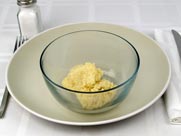
Hulled Millet
(96% similar)
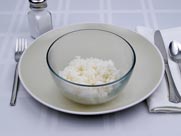
White Rice - Cooked Avg
(96% similar)
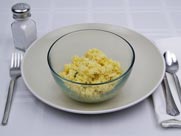
Couscous
(96% similar)
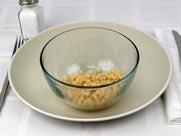
Israeli Cous Cous
(95% similar)
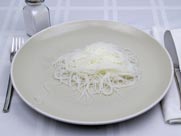
Rice Noodles - Boiled
(95% similar)
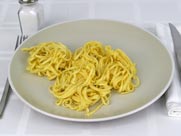
Linguine Fresh Pasta
(95% similar)
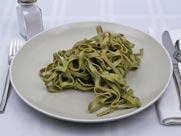
Spinach Fettuccine Pasta
(93% similar)
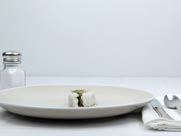
Sushi - California Roll
(92% similar)
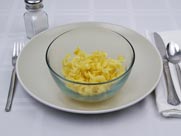
Egg Noodles Pasta
(91% similar)
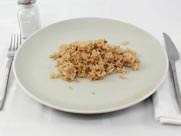
Jolliebee Adobo Rice